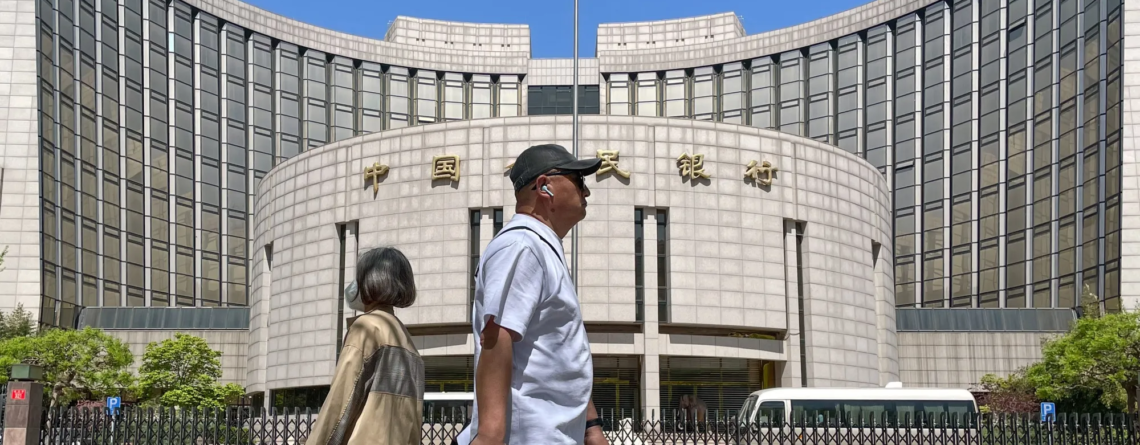Fidelity International says fund sales surged on interest rate cuts, China market rally
Lower interest rates and a rally in China stocks have helped drive sales of investment fund products offered by Fidelity International, a senior executive said.
“Following [the People’s Bank of China’s] stimulus package, China’s stock markets have been performing strongly, and we believe there is some room to grow,” said Charlotte Chan, the head of Fidelity’s Hong Kong office, in an interview. “Together with the Fed’s rate cutting cycle, this motivates investors to look at their allocations, especially those who have been parking cash on the sidelines.”
In the first nine months of 2024, Fidelity’s sales of retail funds in Hong Kong doubled from a year earlier, Chan said.
“We have seen many of them have shifted from cash to investing in long-term bonds to capture the opportunities from an interest-rate cut. Some of them have also started to pick up stock funds.”
“Following the announcement of the People Bank of China’s stimulus package, which exceeded investor expectations, China’s stocks performed strongly,” Chan said.
She said the Chinese government’s measures to support the troubled property market are also important.
“The stimulus package displays a carefully constructed continuation of monetary easing efforts, offering some short-term relief to markets,” Chan said. “For the longer term, it remains important to see improvement in macro fundamentals. Companies with strong fundamentals are best positioned to weather the current economic challenges.”
London-based Fidelity has used Hong Kong as its regional hub since 1981. Hong Kong is also its second largest investment hub globally across stocks, bonds, multi assets and sustainable investing, after London, Chan said.
Chan said MPF investors have become more sophisticated and invest more in global stocks than they did 10 years ago. To meet their demands, Fidelity has introduced US and European equity funds.
Of the HK$1.23 trillion invested in MPF funds, 45 per cent of that is in pure stock funds, while 34 per cent was in mixed stock-and-bond funds at the end of June, according to data from the Mandatory Provident Fund Schemes Authority (MPFA). Digging deeper into the stock assets, 36 per cent was invested in US stocks, 31 per cent in Hong Kong shares, 20 per cent in Asian equities and 12 per cent in European stocks at the end of March, the MPFA data showed.
Just 10 years ago, nearly two thirds of the MPF’s stock investments were in Hong Kong stocks, 14 per cent in Asia shares, 7 per cent in North American equities, 9 per cent in European stocks and 1 per cent in Japanese stocks, the MPFA data showed.
“This has been a good diversification approach as investors can enjoy the US market rally in recent years, while European markets were also doing well,” she said.
Chan also welcomed the introduction of eMPF, which she said will make it simple and convenient for members to manage their pensions and choose investments.
Looking ahead, she believes MPF providers will develop more post-retirement products for members to invest their money beyond the age of 65. Fidelity introduced such products two years ago and she said they have been popular.
To support the Wealth Management Connect scheme, Fidelity launched a platform to host a range of Hong Kong-domiciled funds in November 2022. The scheme has allowed Greater Bay Area residents to buy cross-border fund products since September 2021.
Fund sales via the scheme have increased this year since Beijing raised the limit that mainlanders can invest in Hong Kong fund products to 3 million yuan, according to government data.
“Hong Kong’s financial markets, with their resources and established infrastructure, remain as the connector between China and overseas markets,” she said.
Read more @scmp











